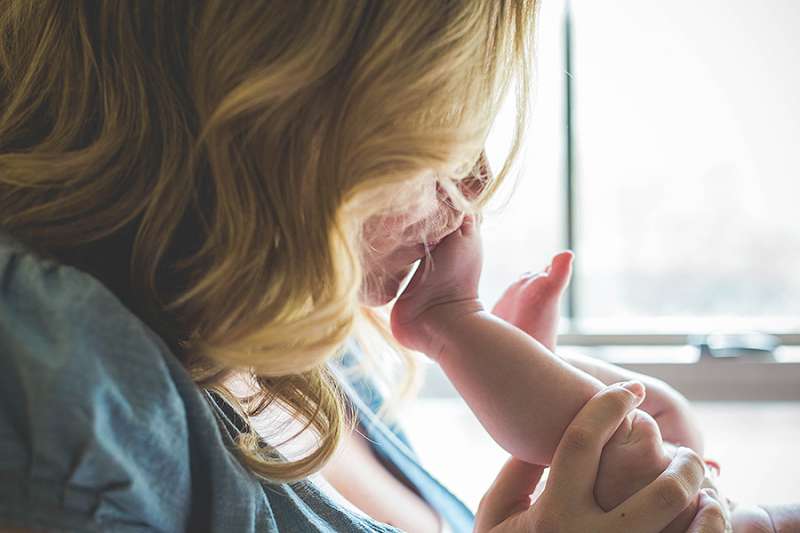Eliminating Ireland’s constitutional protection of life inside the womb would have negative consequences on not only the unborn, but on women and society, said an Irish bioethicicst and midwife.
Just over a week before the referendum vote which could legalize abortion in Ireland, Dr. Kathleen Lahiffe warned that abortion does not provide women with proper healthcare and in the end, would harm them, not help them.
“A lot of times women are told [abortion] is no big deal. Well I’m sorry, but it’s a big deal, and it should be a big deal,” Lahiffe told CNA. Abortion does “so much damage to women, it’s huge.”
Lahiffe, who worked as a nurse and midwife in Ireland and England for years before obtaining her PhD in bioethics, said that the language used by abortion advocates is “desensitizing women” to the reality of the risks.
Besides the psychological effects that can result from any kind of abortion, risks of a surgical abortion include, among other things, perforation of the uterus or infections leading to infertility, damage to the bowels, and frequent cystitis, she said. Women who do conceive naturally after an abortion will have a higher risk of pre-term birth.
Chemical abortions also have grave risks, since women often obtain them without the supervision of a physician, and do not recognize signs of sepsis or other problems.
“Why don’t we talk about the risks of a medical procedure like abortion?” Lahiffe said. “If we’re going to look after women and their health, they need to know all the effects,” long-term, of having an abortion.
Lahiffe, whose expertise is in the history of the last 80 years of Irish abortion law and medicine, noted that Ireland is unique to have a constitutional amendment which protects the equal right to life of both the mother and the unborn child.
“Protecting the life of both mother and child — No other country in the world has an amendment like this,” she said.
The eighth amendment was passed in Ireland in 1983, with upwards of 67 percent voter-approval. Under this amendment, abortion in Ireland is illegal, unless the mother’s health is deemed to be in danger.
On May 25, Irish citizens will vote whether they want to repeal the eighth amendment. Pro-life Irish citizens are encouraging a “no” vote on the referendum.
Despite the high percentage of the population — 78 percent — that identifies as Catholic, polling has predicted that the vote will be close.
“What we’re doing is we’re putting this issue, the right to life [of the unborn], in the hands of politicians… which is a scary thing,” Lahiffe said.
Lawmakers in Ireland are already discussing legalizing abortion up to 12 weeks for any reason — and up to 24 weeks for reasons of disability or illness in the fetus — if the pro-life amendment is removed, she explained, noting that there would be nothing to prevent a future government from going further.
“They can choose to allow abortion right up to birth [if] they’ve decided that is the right thing to do. We’re going down a very dangerous road.”
Legal abortion could also cause problems for doctors, nurses, and midwives who conscientiously object to performing or assisting in abortions. Even if conscience protections are put in place, it does not guarantee that, long-term, these medical professionals’ jobs are safe, Lahiffe said.
The pressure to keep and hire only medical staff who will perform abortions could become strong, especially as the Ireland health service already faces a shortage of money and staff.
Lahiffe added that legalizing abortion would also fuel a culture which favors discarding the disabled in favor of convenience or personal happiness.
“What message is that giving to society? We should be looking after the most vulnerable.”
If an Irish citizen is on the fence about which way to vote, that person should “choose the thing that is going to cause the least harm, and that’s the ‘no’ vote,” she said.
“Destroying or negating the right to life for anyone, whether born or unborn, unwell or healthy, that’s the bottom line,” she emphasized, adding that no other right “should overtake the right to life.”

